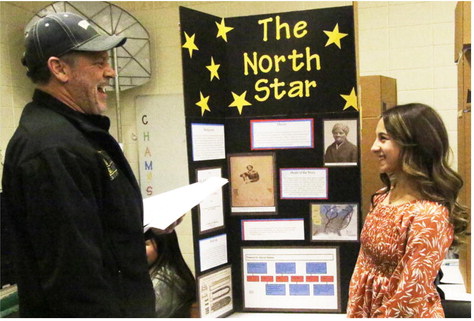Tester Secures Funds To Remove Lead from Water
As a direct result of his bipartisan Infrastructure Investment and Jobs Act, U.S. Sen. Jon Tester, D-Mont., recently secured $565,000 in grant funding to remove lead in sources of drinking water in Montana schools and child care facilities.
Tester worked with five Republicans and four Democrats to negotiate the IIJA and was the only member of Montana’s Congressional delegation to vote for the bill.
“Getting lead out of our drinking water is a no-brainer, and is something I was proud to champion in my bipartisan infrastructure law,” said Tester. “Every Montanan has the right to a clean and healthful environment — especially our children — and students in Montana will be better off for the long-haul because of these resources.”
Through Tester’s IIJA, activities that remove sources of lead in drinking water are now, for the first time, eligible to receive funding through the Water Infrastructure Improvements for the Nation Act. This grant funding is provided to states, territories, and tribes, as a part of the Biden Administration’s Lead Pipe and Paint Action Plan to deliver clean water to all communities.
Funding will be delivered through the Environmental Protection Agency to remove lead in sources of drinking water in Montana schools and child care facilities.
Tester worked across the aisle for months to negotiate the IIJA with a group of five Republicans, four Democrats, and the White House. Tester’s law is projected to create more than 800,000 American jobs and lower costs for businesses by making targeted investments that will strengthen our nation without raising taxes on working families.
Tester secured significant wins for Montana in the legislation, including $2.82 billion for Montana’s roads, highways and bridges; $2.5 billion to complete all authorized Indian water rights settlements; $1 billion to complete all authorized rural water projects through the Bureau of Reclamation; $65 billion to deploy broadband to areas across the country that lack internet access and additionally make online connectivity affordable; and $3.37 billion to reduce wildfire risk nationwide, among others.


